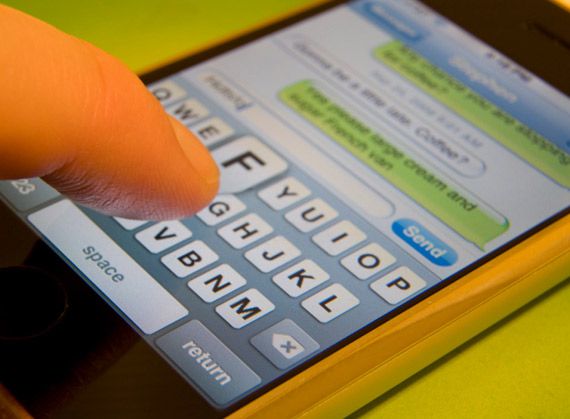

In addition, Leap Wireless International Inc, the company who jumpstarted Cricket prepaid service, announced it will begin selling the iPhone on June 22. The company plans to sell the phone at an initial cost of $400 with a service charge of $55 per month, including 2.3GB of data and unlimited calling and text services. Both Virgin Mobile and Cricket’s ability to sell the iPhone to customers without a contract signals the Apple Brand’s motion towards appealing to low-income individuals or those with a poor credit history. (Photo Courtesy of Virgin Mobile)

Virgin Mobile will also be offering both the iPhone 4 ($649) and the HTC Evo V 4G ($300). The Evo will be able to use both Sprint’s data network in addition to Clearwire Corp, while Virgin’s iPhone will operate solely from Sprint’s 3G network. As a whole, Sprint has suffered financially, with much of their service being slower than the larger iPhone competitors such as AT&T and Verizon Wireless. However, this new enterprise is part of a commitment by Sprint to purchase $15.5 billion worth of Apple phones over the next three years. (Photo Courtesy of Virgin Mobile)

According to IDC analyst John Weber in article by Roger Yu in USA TODAY, this new direction is not targeted solely at those in a different income bracket. [Major carriers] “are focusing on prepaid as growth engine,” Weber said, “It’s not just for those who fail (a credit check), it’s also for customers who want flexibility.” Perhaps the economy is to blame and less consumers are willing to commit to long-term contractual plans while continuing to harbor insecurity about their financial futures. As a result, the communication market is shifting in order to accommodate.
For the first time in the industry’s history, according to Ysu, the amount of contractual phone users fell in the first quarter of the year as opposed to the previous quarter, forcing companies like Sprint to rethink their marketing strategies. (Photo Courtesy of Virgin Mobile)









